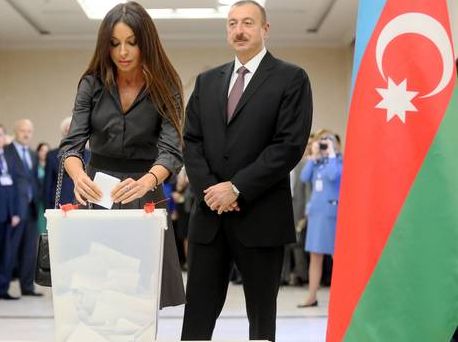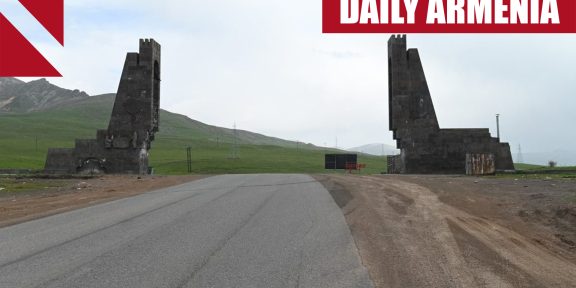 Last week, on October 9, Azerbaijan’s President Ilham Aliyev was re-elected for a third term, defeating the main opposition candidate, Jamil Hasanli. Aliyev won 84% of the vote, while Hasanli received around 5%.
Last week, on October 9, Azerbaijan’s President Ilham Aliyev was re-elected for a third term, defeating the main opposition candidate, Jamil Hasanli. Aliyev won 84% of the vote, while Hasanli received around 5%.
Opposition candidate Hasanli has rejected the official results, claiming they are the result of widespread voter fraud and unfair conditions for campaigning. Hasanli and other opponents of Aliyev aim to challenge the official result in the Constitutional Court, alleging violations including ballot stuffing and multiple voting.
International monitors from the Organisation for Security and Cooperation in Europe (OSCE) also took an unfavorable view of the elections. They noted unfavorable conditions for the election campaign, with restrictive media coverage and intimidation of opposition candidates and voters.
OSCE monitors reported having witnessed ballot-stuffing at 37 polling stations, and vote counting was assessed negatively at 58 per cent of the polling stations where observers were present.
The South Caucasus record on democratic elections has been perceived negatively ever since the collapse of the Soviet Union. Often international observers’ assessments of elections in the region are seen as a rubber stamp to appease the ruling regime, like the recent statements by the Council of Europe and European Parliament stating that they “observed a free, fair and transparent electoral process” in Azerbaijan.
The OSCE’s critical evaluation of the recent election was a surprise for Azerbaijan and most people in the region, to the extent that Azerbaijan has hinted it may decline to invite OSCE monitors for future elections.
The night before the ballot, a smartphone application was released by the Central Election Commission meant to track election results. Meydan TV, an online media station, reported that the app had released the results of the elections the day before the voting took place. The app developer and the government both said it was a test, but according to activist and Meydan TV founder Emin Milli, the developer deleted all his social media accounts after a subsequent conversation between them.
The opposition convened a demonstration on October 12 to protest the election results. Hasanli called for the overthrow of the government and asserted that election officials will be punished. The police used force against the thousands of protesters and arrested 10 of them.
According to Jamil Hasanli’s official Facebook page, he has flown to Strasbourg to discuss the election results with Council of Europe members, and then intends to go to Brussels for further talks. But he may meet with a lack of interest on the part of
European officials that will enable the Aliyev regime to continue its current repressive policies for the duration of his third presidential term.
















